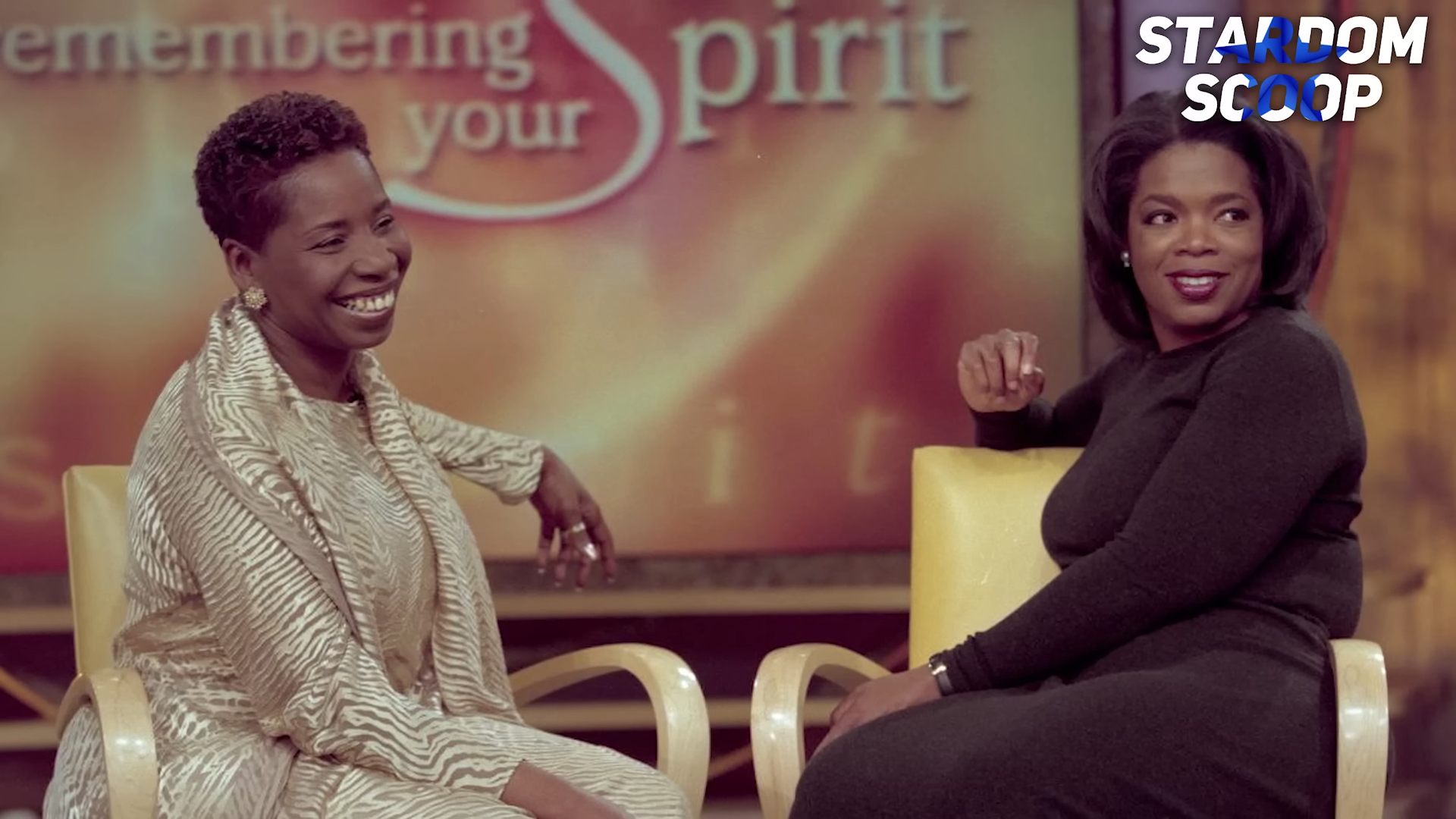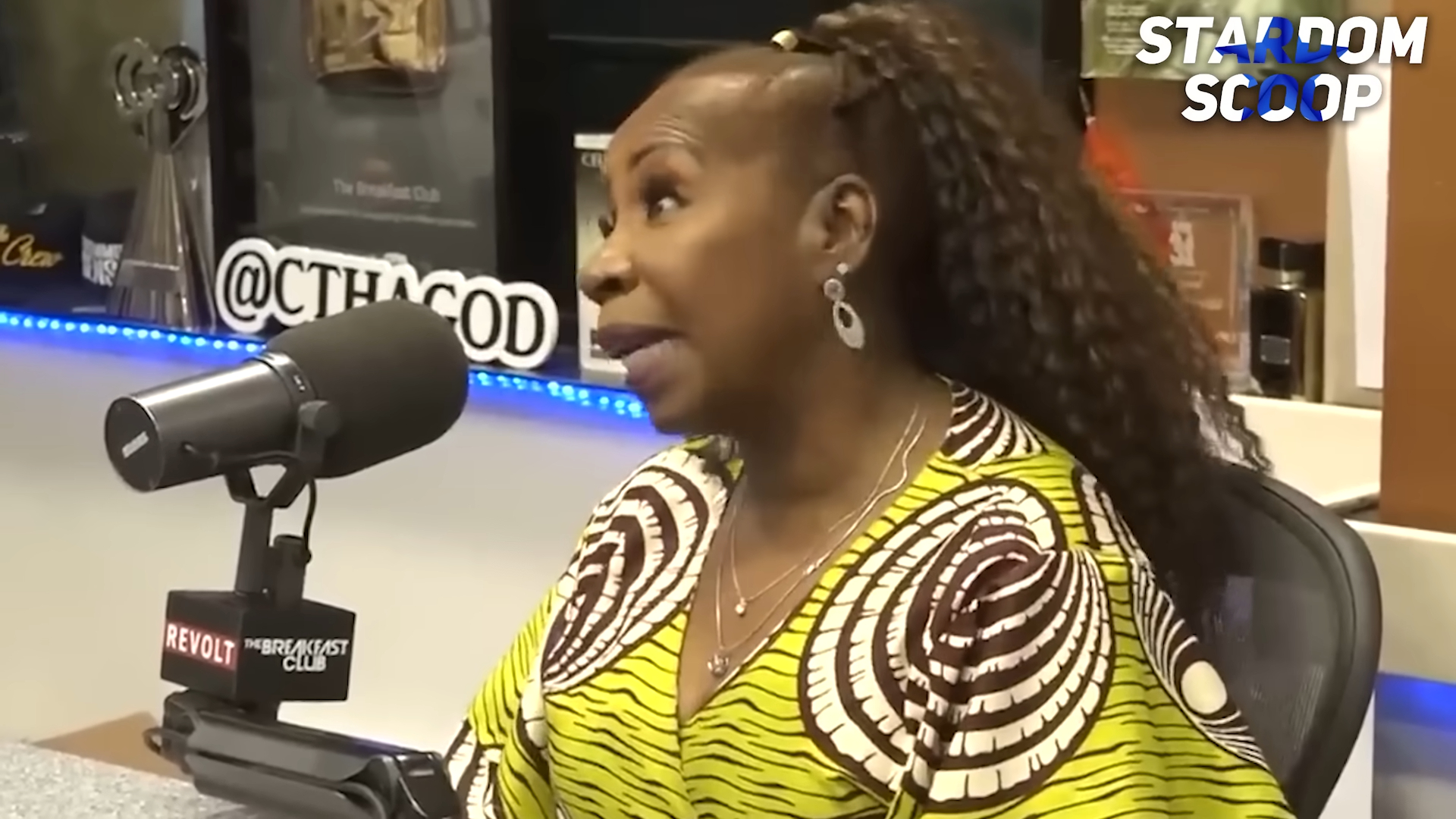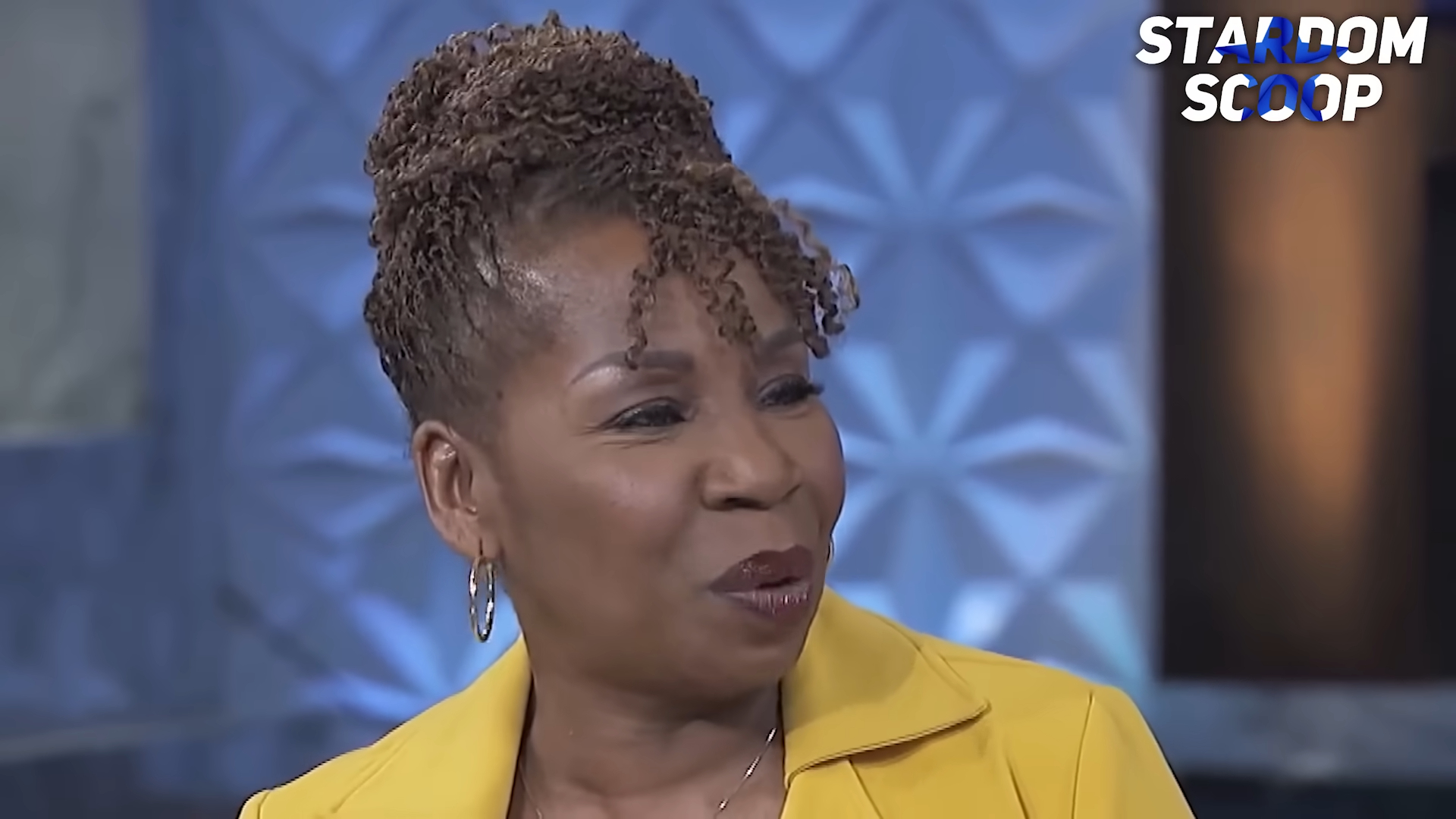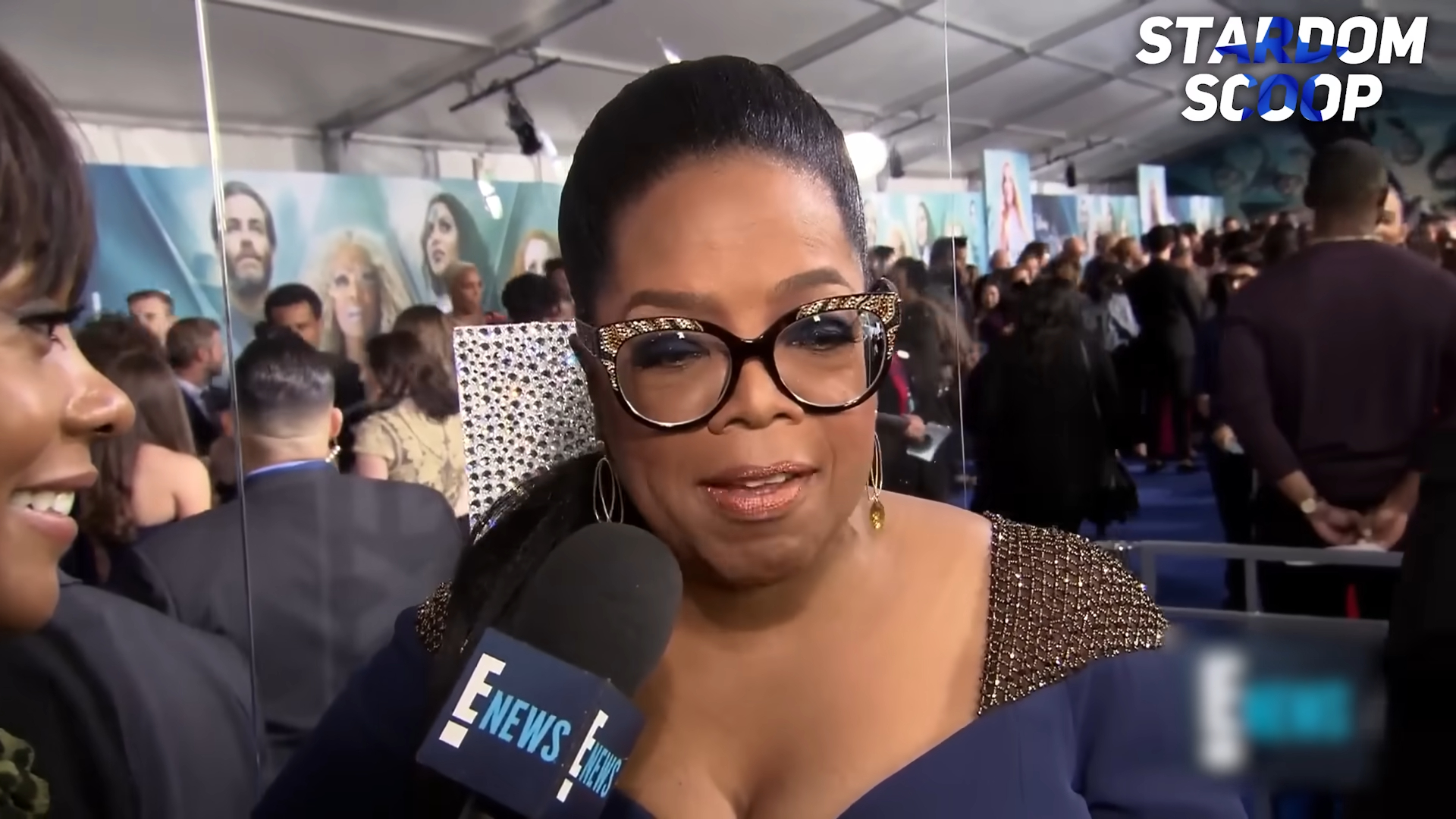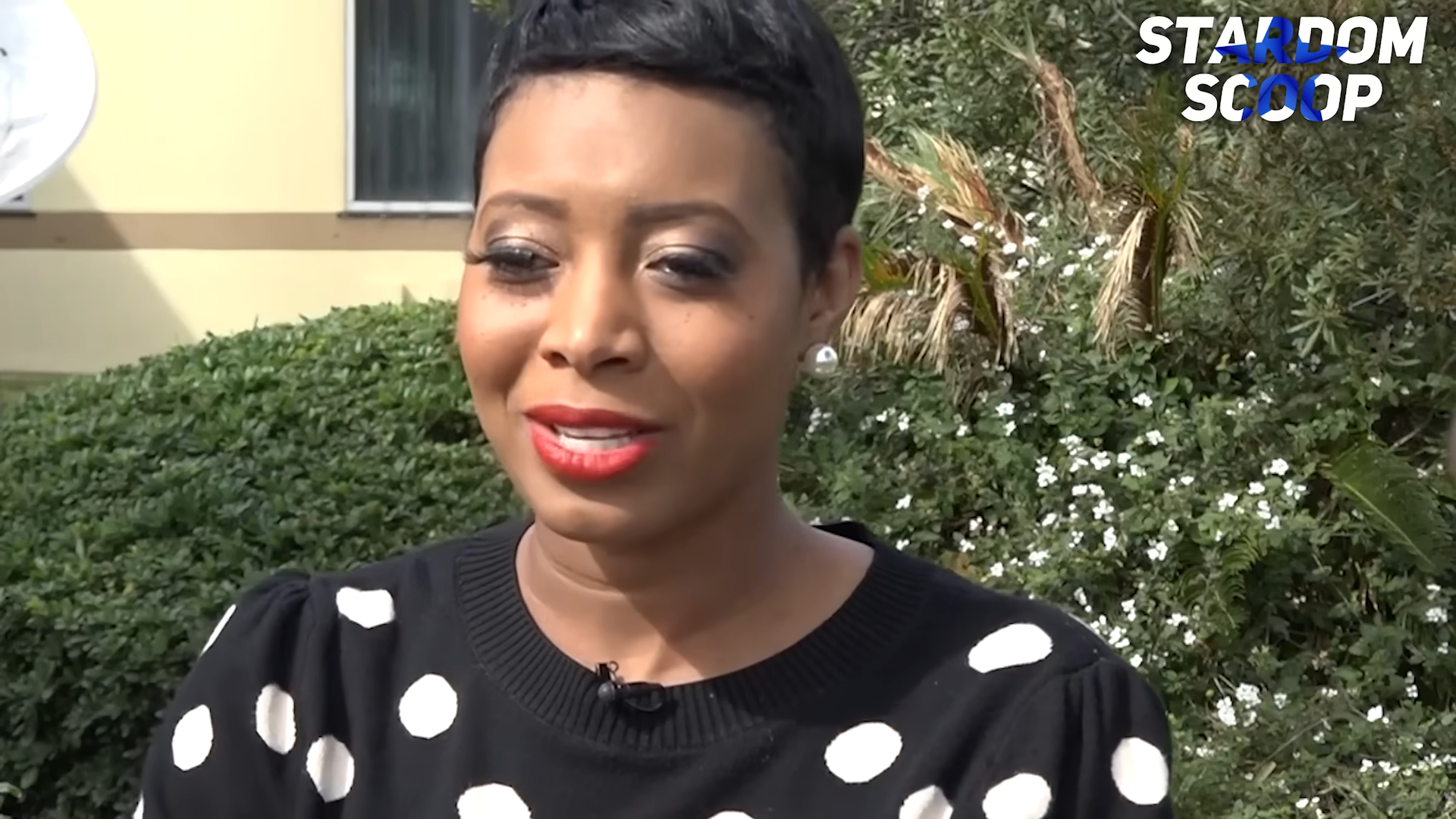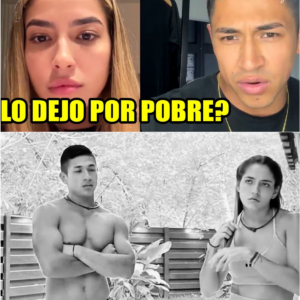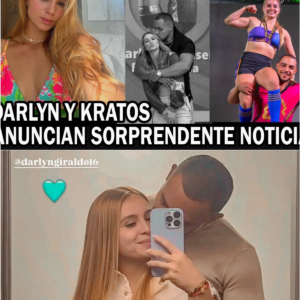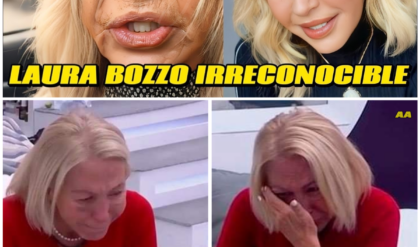Iyanla Vanzant: “Oprah is WORSE Than Diddy”

In the realm of celebrity culture, opinions from public figures often spark intense discussions and debates. Recently, renowned author and television personality Iyanla Vanzant made headlines by declaring that Oprah Winfrey is “worse than Diddy.” This bold statement has ignited curiosity and controversy, prompting fans and critics alike to explore the underlying reasons behind Vanzant’s claims.
Iyanla Vanzant is widely recognized for her candid approach to addressing complex issues. In a recent video, she shared her unfiltered thoughts on Oprah, an iconic figure in media and pop culture. Vanzant’s comments were not merely casual observations; they were rooted in her personal experiences and insights into the entertainment industry.
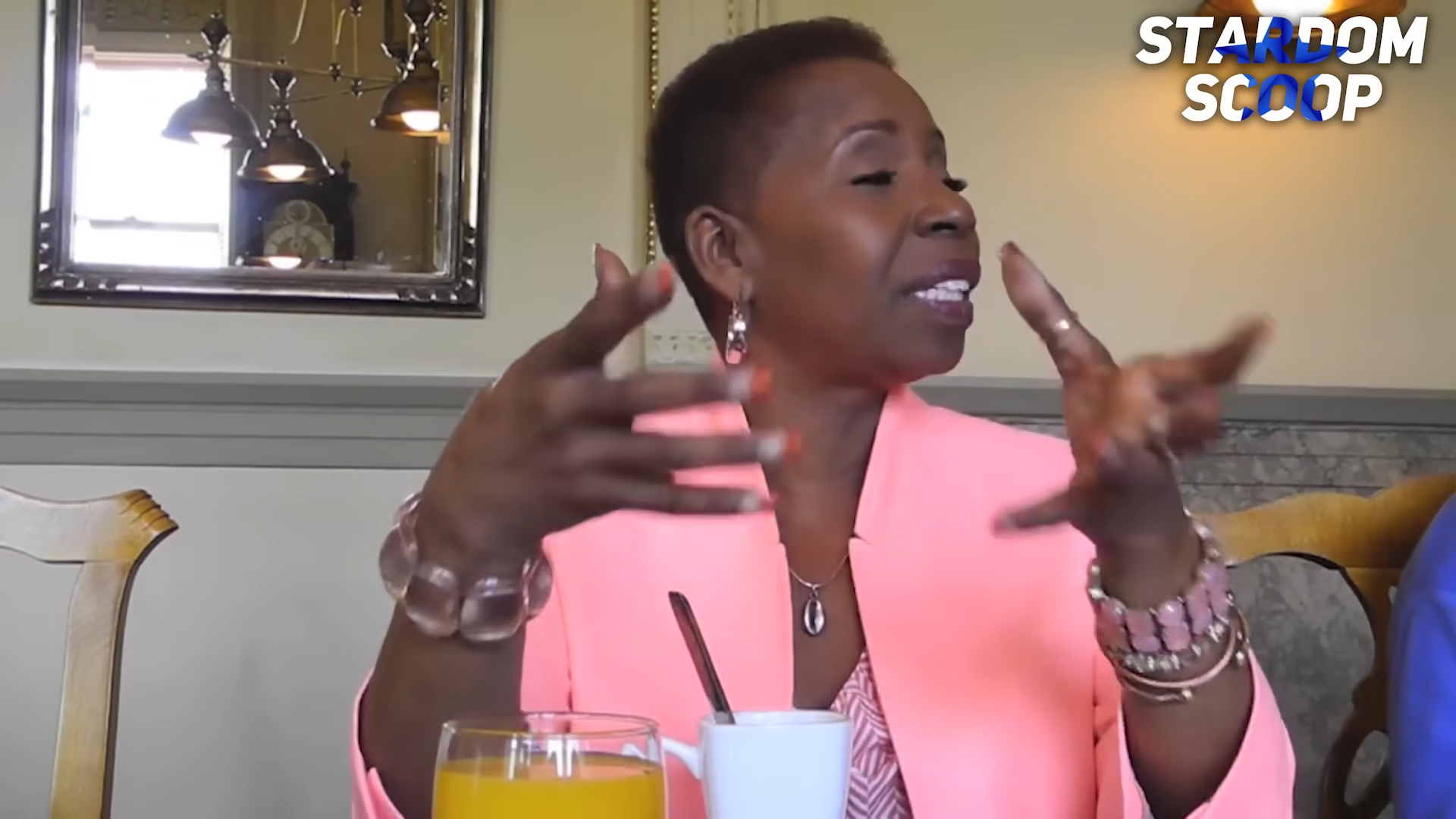
The comparison between Oprah and Diddy is particularly striking. While Diddy has faced criticism for his past behavior, Oprah is often revered as a maternal figure and a champion for social justice. However, Vanzant suggests that there is more to Oprah’s narrative than meets the eye.
In her video, Vanzant did not shy away from making serious allegations. She accused Oprah of hypocrisy, claiming that the media mogul has used her platform to silence dissenting voices. According to Vanzant, Oprah’s influence has been wielded in ways that contradict her public persona as a supporter of marginalized communities.
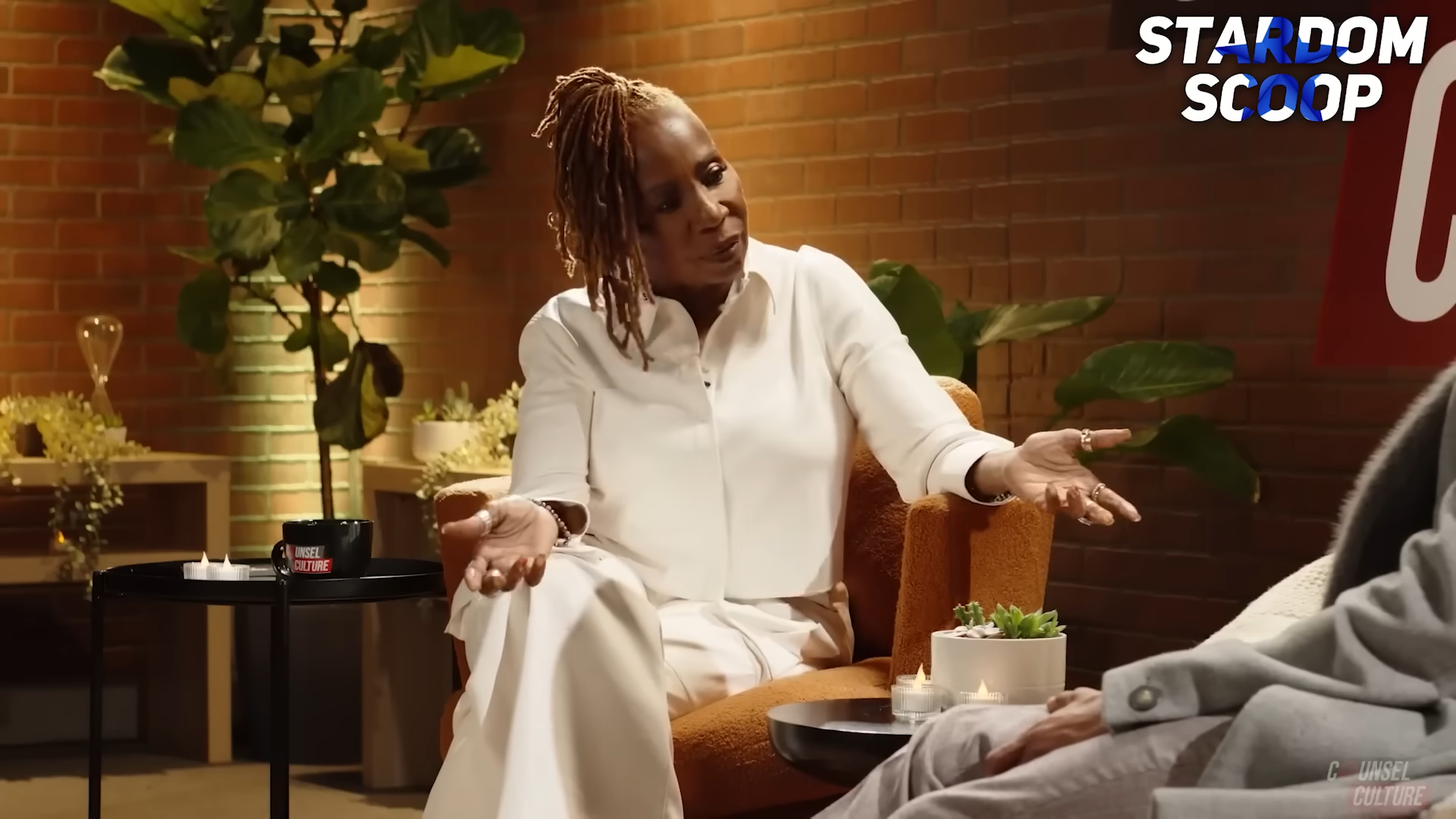
Vanzant’s assertions are not just a critique of Oprah; they serve as a commentary on the broader dynamics of power within the entertainment industry. By highlighting specific instances where she felt Oprah fell short of her principles, Vanzant opens a dialogue about accountability among public figures.
The backlash and support for Vanzant’s statements have been swift and varied. Many of her followers applaud her bravery in speaking out against a beloved icon. They argue that it takes courage to challenge the status quo, especially when addressing someone as influential as Oprah.
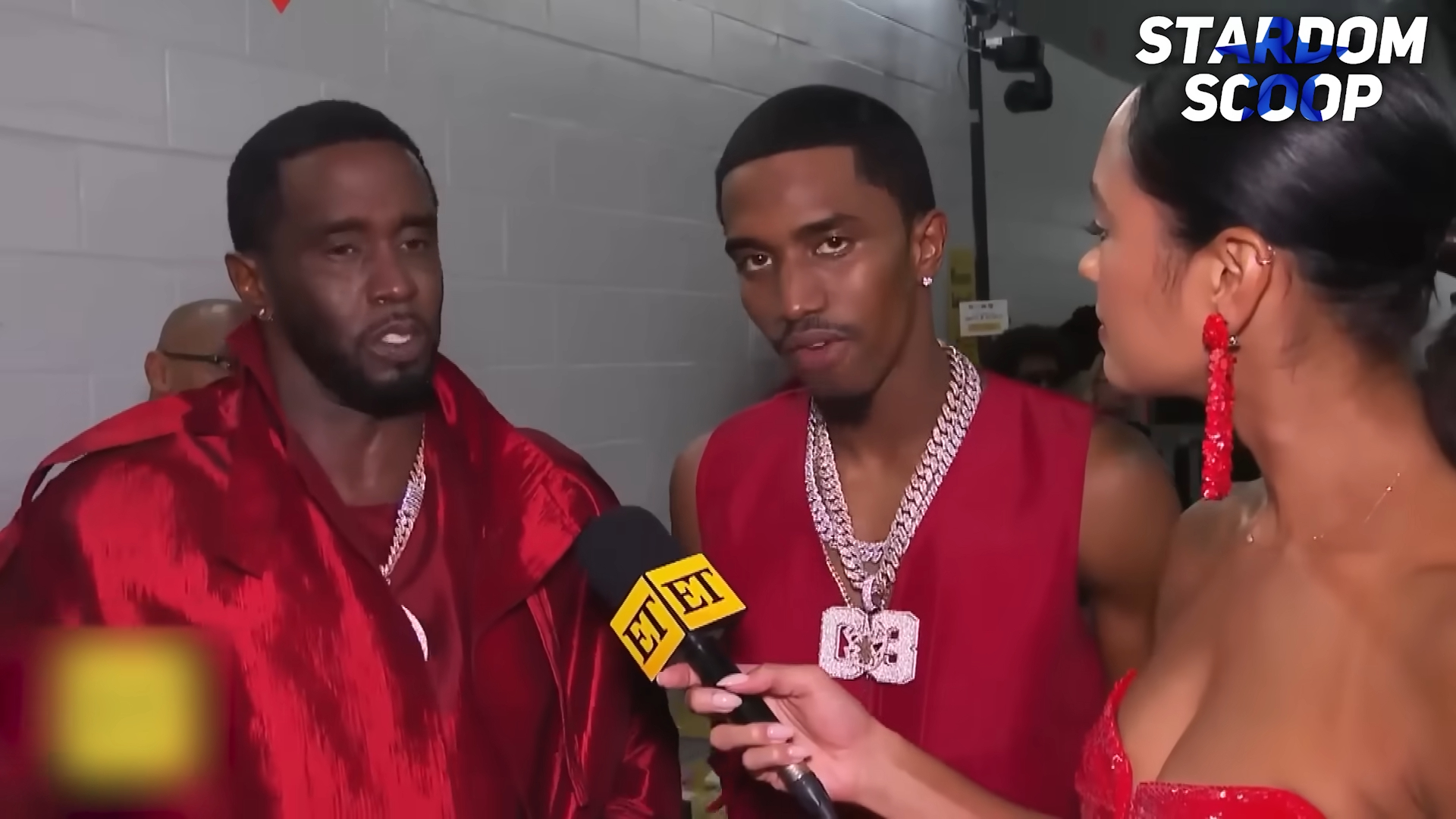
Conversely, Oprah’s supporters have come to her defense, emphasizing her positive contributions to society, including her philanthropic efforts and commitment to education. This duality in public opinion underscores the complexities of celebrity culture and the challenges of navigating personal and public personas.
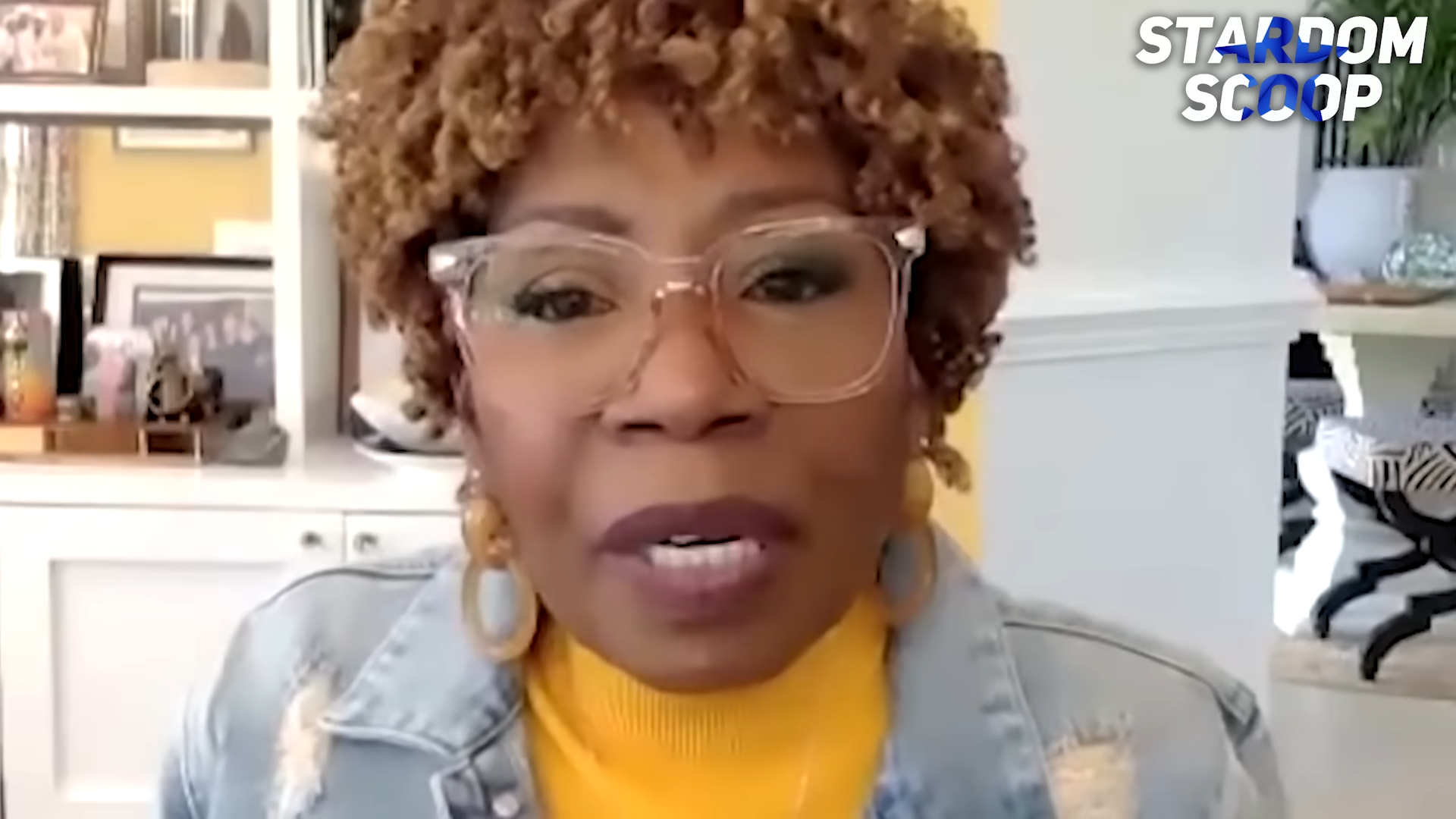
Social media platforms have become battlegrounds for these discussions, with hashtags like #IyanlaVanzant and #OprahWinfrey trending on Twitter. Such conversations are crucial, as they encourage fans and critics to reflect on the multifaceted nature of public figures and the responsibilities that come with fame.
The discourse sparked by Vanzant’s comments highlights the necessity of questioning those we admire. It is easy to idolize celebrities, but it is vital to remember that they are human and capable of missteps. Constructive criticism fosters healthy dialogue within popular culture and promotes accountability among those in power.
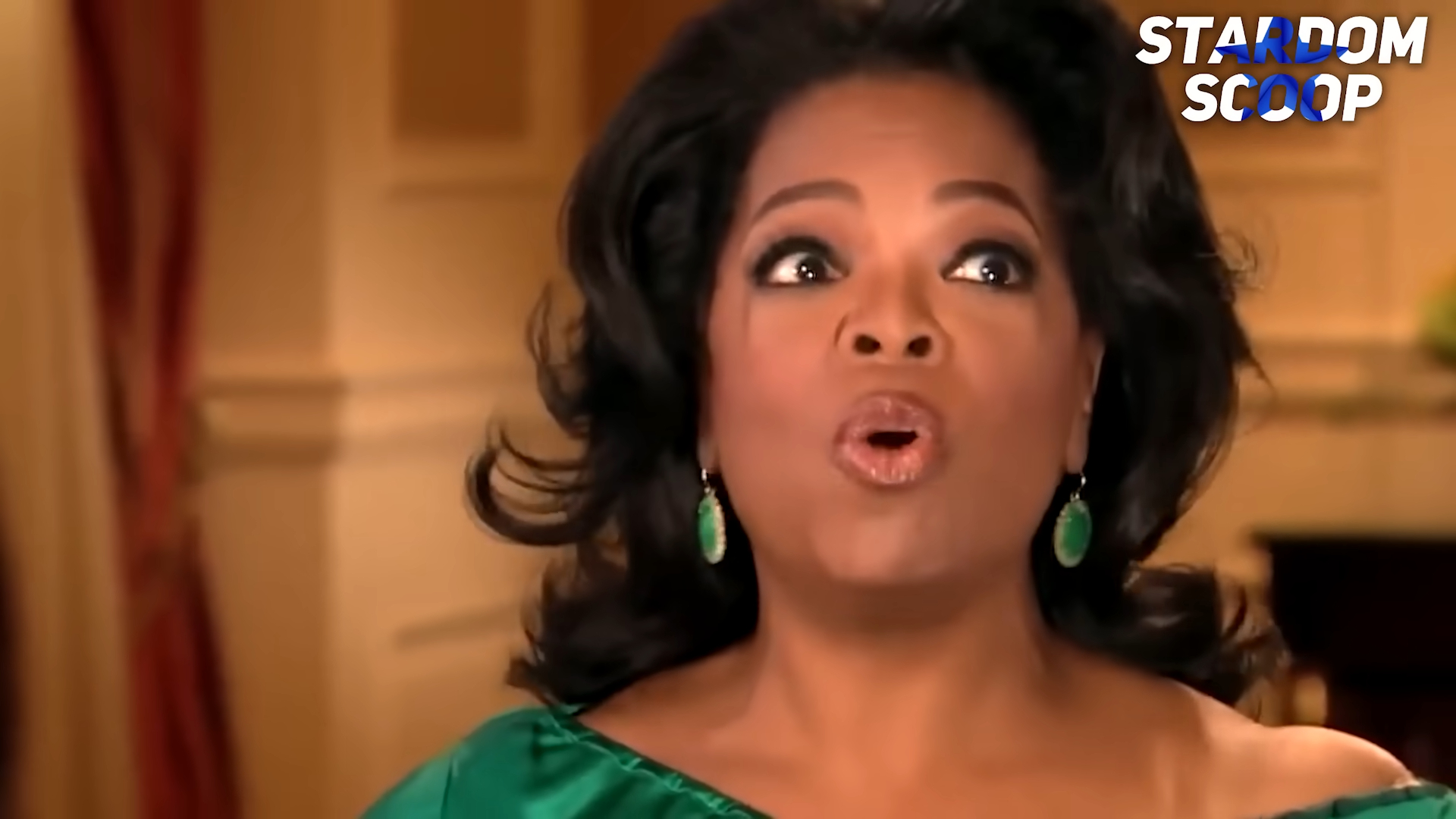
Moreover, these conversations can lead to positive change. By addressing perceived hypocrisy and failures among icons, we pave the way for greater transparency and responsibility in the entertainment industry. This shift could inspire others to embrace authenticity and utilize their platforms for the greater good.
Iyanla Vanzant’s explosive remarks about Oprah Winfrey have opened a Pandora’s box of discussions regarding power dynamics in the entertainment industry. By stating that Oprah is “worse than Diddy,” Vanzant encourages a critical examination of the true nature of influence and responsibility. This dialogue is essential for personal and collective growth, reminding us that while public figures may be admired, they must also be held accountable for their actions.
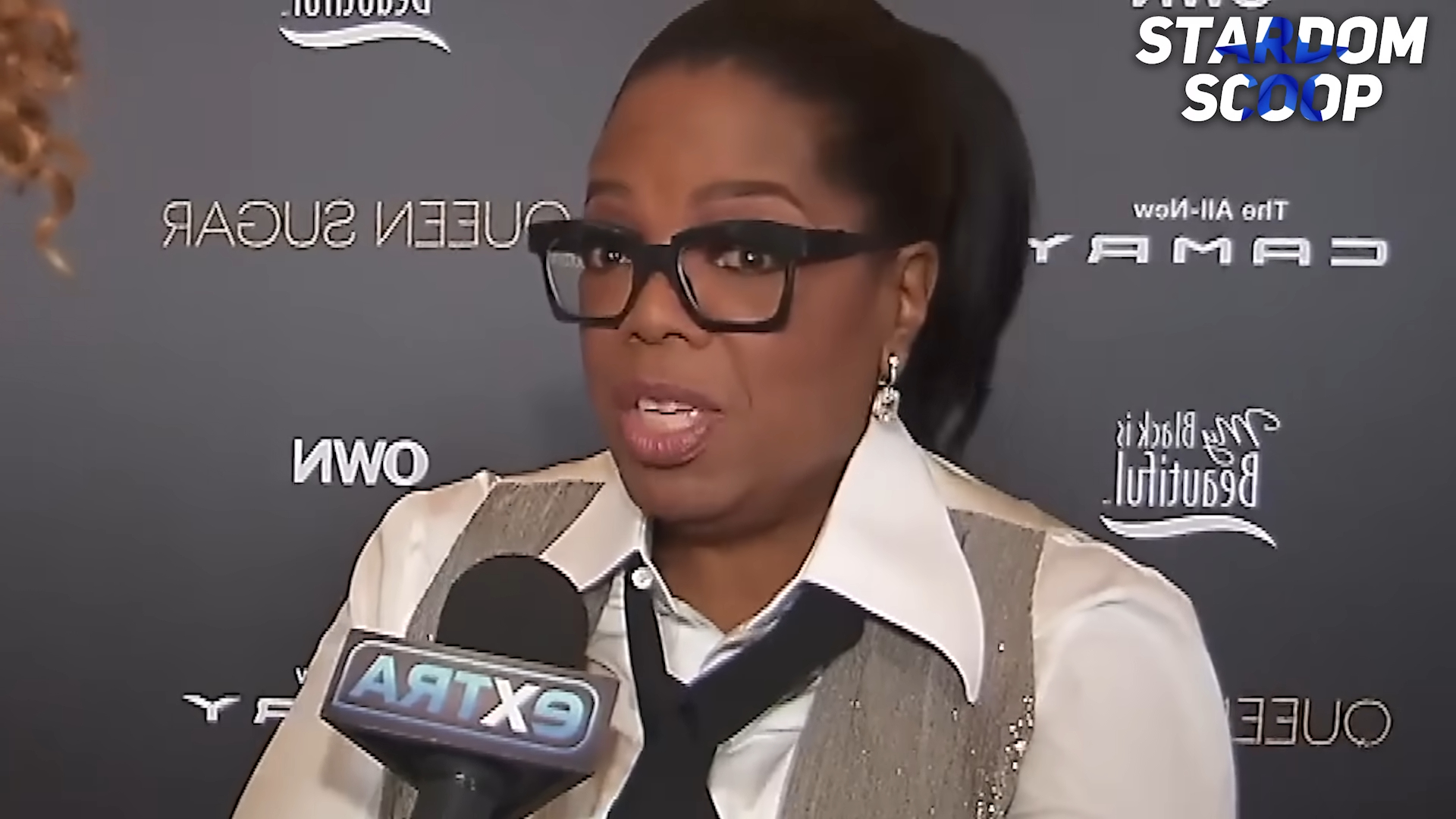
The story of Vanzant and Oprah is just one chapter in the broader narrative of celebrity culture. As we continue to navigate the complexities of these relationships, it is crucial to maintain a critical yet open-minded approach, allowing diverse voices to be heard and fostering a culture of accountability and authenticity.
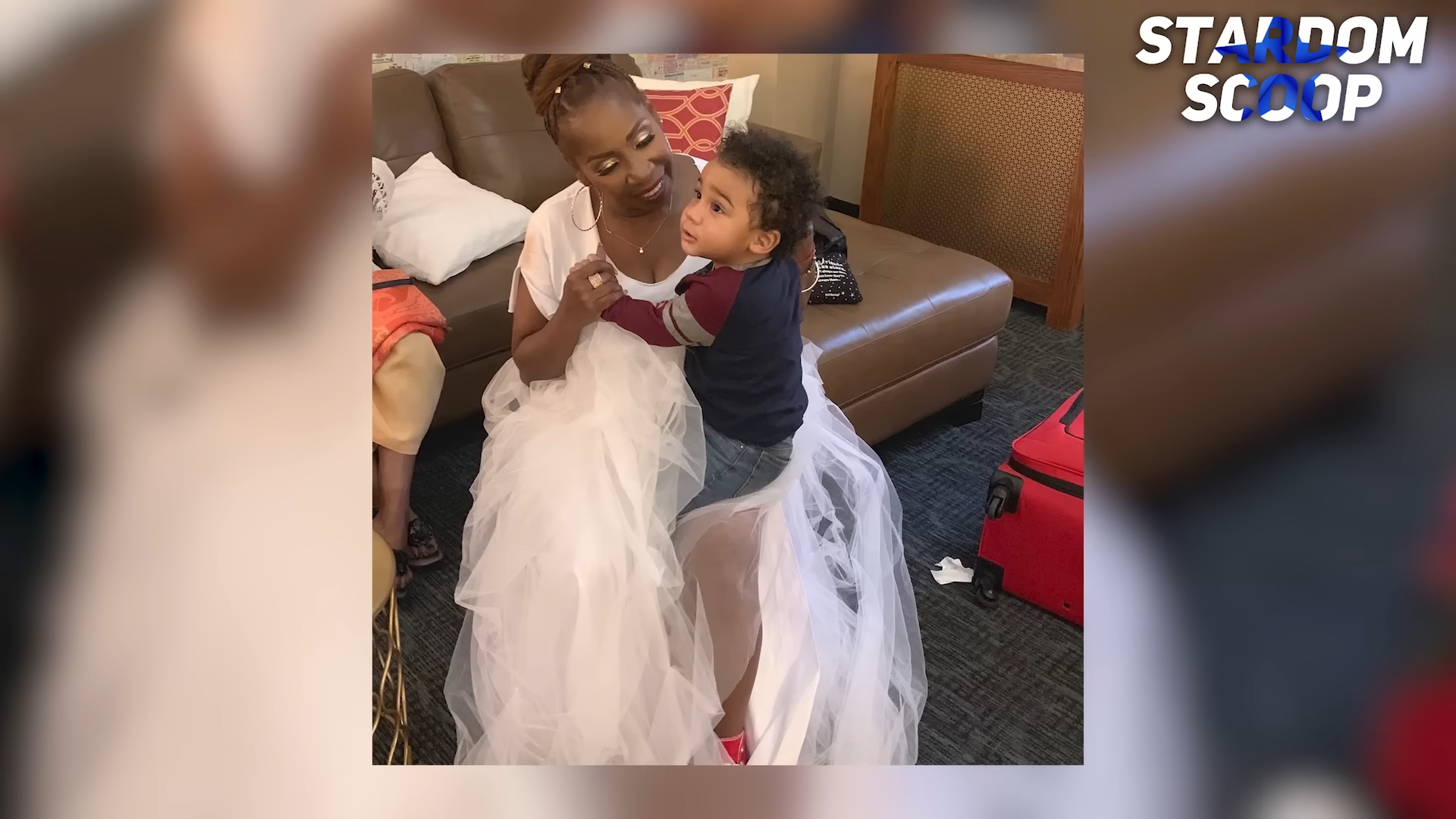
In a world where celebrity opinions can shape public discourse, it is our responsibility to engage thoughtfully and critically with the narratives presented to us. Whether one agrees with Vanzant or supports Oprah, the conversation itself is a vital part of understanding the intricate web of influence that defines our cultural landscape.
News
Asi MURIO KompaYaso tras estar en COMA una semana Muere Kompa Yaso comediante mexicano
La Trágica Muerte de Kompa Yaso: Un Adiós al Comediante Mexicano El mundo del entretenimiento en México se encuentra de luto tras la dolorosa noticia del fallecimiento de Eleazar del Valle, conocido artísticamente como Kompa Yaso. Este querido comediante, que…
Asi DESPIDE La Wanders Lover a Kompa Yaso tras su MUERTE hoy Muere comediante mexicano Compa Yaso
La Triste Despedida de Kompa Yaso: Un Ícono del Humor Mexicano Nacido como [nombre real del comediante], Kompa Yaso comenzó su carrera en la comedia a una edad temprana. Desde sus inicios en pequeños clubes hasta su ascenso a la…
Ana Bárbara ROMPE EL SILENCIO y Asi DESPIDE a Kompa Yaso Tras su MUERTE Ultimo Adios a Kompa Yaso
Ana Bárbara Rinde Homenaje a Kompa Yaso Tras su Trágica Muerte En un conmovedor acto de despedida, la reconocida cantante Ana Bárbara ha roto el silencio para rendir homenaje al famoso comediante mexicano Kompa Yaso, quien falleció el 17 de…
🔴 ULTIMA HORA HACE UNA HORA desafio the box NOTICIAS DEL DESAFIO HOY – KEVIN Y GUAJIRA – boo
Últimas Noticias del Desafío XX: Kevin y Guajira en el Centro de la Controversia En el mundo del entretenimiento colombiano, el programa “Desafío XX” ha capturado la atención de millones de espectadores. Con su mezcla de competencia, drama y sorpresas,…
POR FIN, marlon y luisa en vivo aclaran todo, polémicas y termino / Desafío XX 2024
POR FIN, Marlon y Luisa en Vivo: Aclarando Polémicas y Terminando el Desafío XX 2024 En un evento que ha capturado la atención de miles de seguidores, Marlon y Luisa, dos de los personajes más emblemáticos del reality show “Desafío…
💣HACE UNS MINUTOS ! INESPERADA NOTICIA! “DARLYN Y KRATOS” DEL DESAFIO XX-TT
Darlyn y Kratos: La Inesperada Noticia del Desafío XX En el mundo de los videojuegos, siempre hay sorpresas que dejan a los fanáticos al borde de sus asientos. Recientemente, la comunidad gamer se ha visto sacudida por una noticia inesperada:…
End of content
No more pages to load
